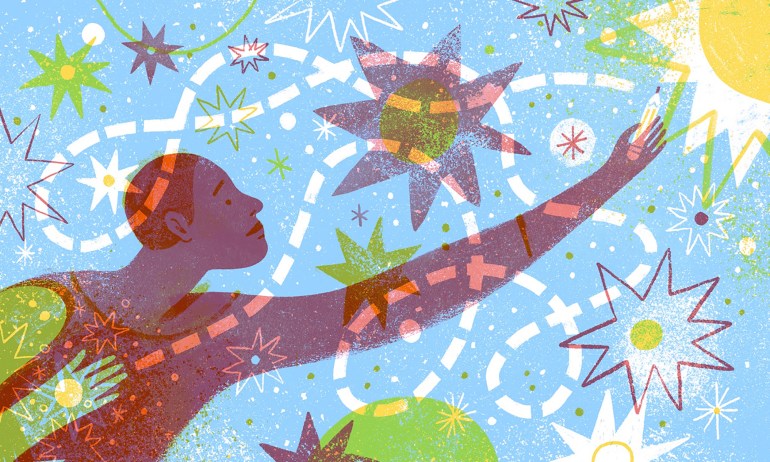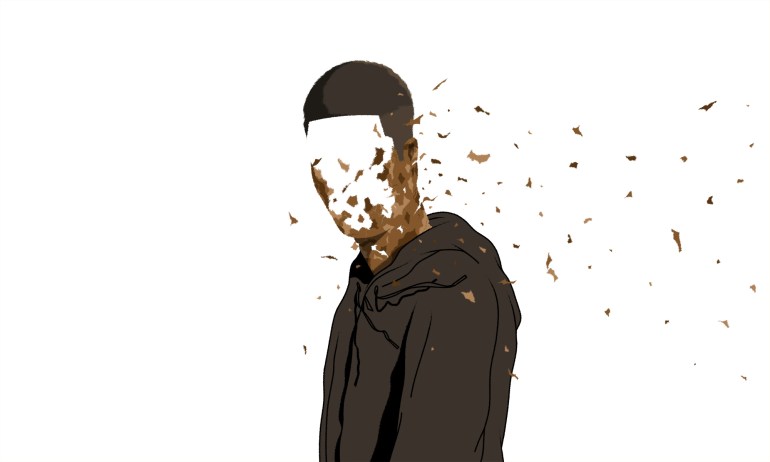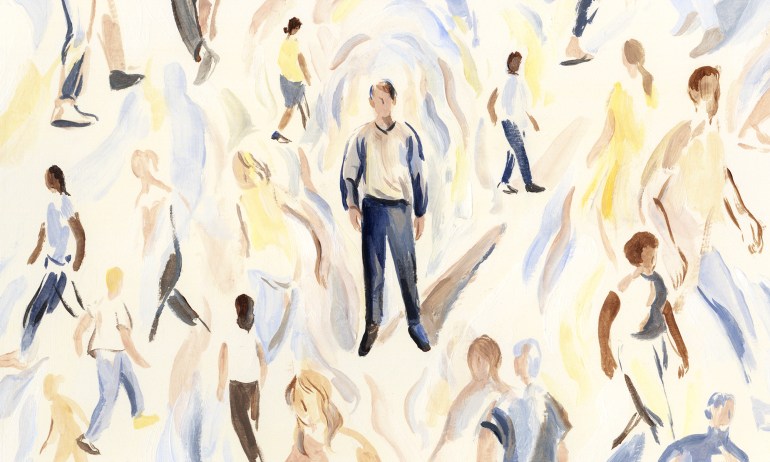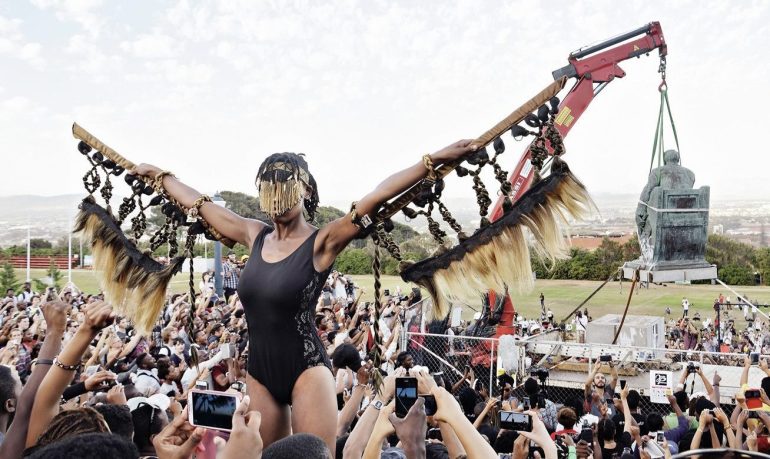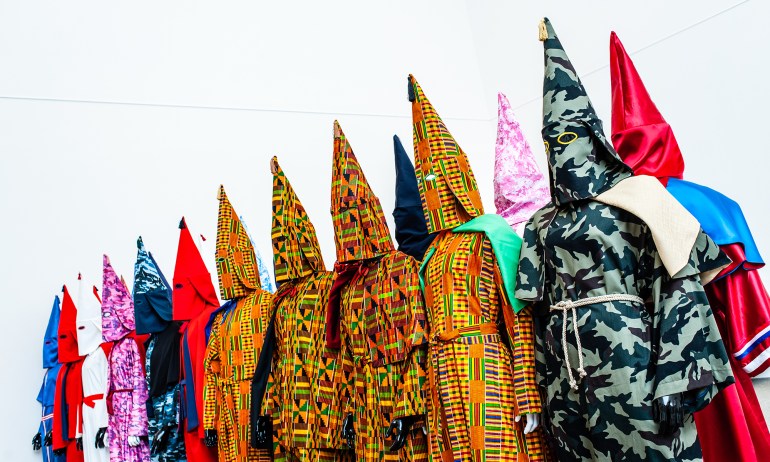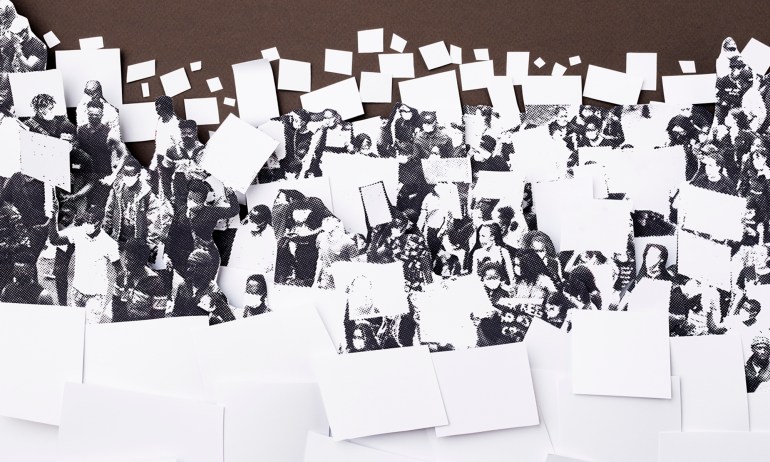
We humans
There’s a right way to talk about racism with kids — and most white parents in the US aren’t doing it
By not settling for cliches about being color-blind and by talking openly about the roots of racism and its consequences, you can raise informed, empathic individuals.
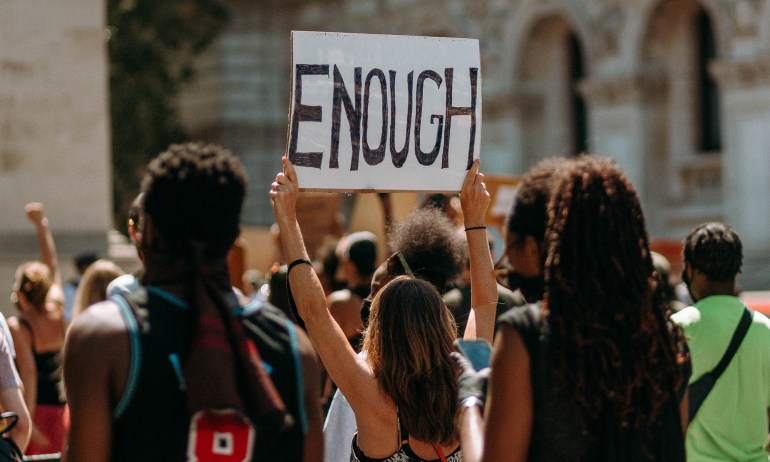
We humans
Want to do more to fight racism? TED speakers suggest ways to educate, activate and donate
Here’s a list of specific steps you can take to combat systemic racism and racial injustice, as recommended by the members of the TED community.

